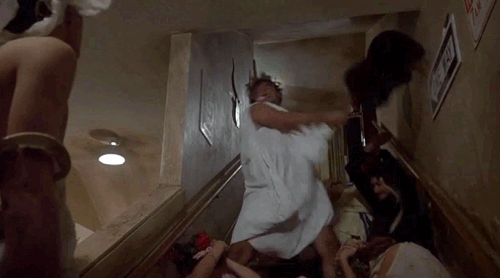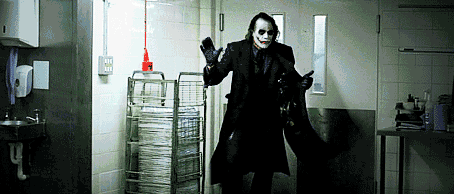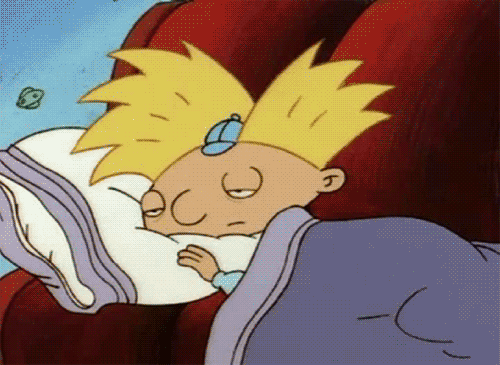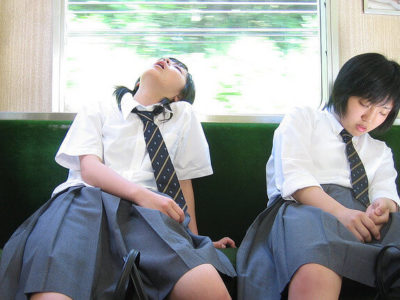… … Oh, sorry. I must have dozed off. Being sleep-deprived can do that to a person, especially college students. And whoever said college students had to choose between grades, sleep and a social life clearly missed the “We’ll do it all anyway” memo. But it’s harder than it looks. Homework piles up; friends find other friends; your bed becomes the dinner table. Living this way causes you to miss out on the better things in college, like a friend’s 36-hour multi-themed party.
So why not sleep less? Doing so may keep you up late, but most students like it that way. “I’m more productive at night,” said Kayla Meader, an Ohio University student. “I feel like I get more done when I stay up later and not sleep as much.” This’ll also give you time to prepare for the toga portion of that party.

But if you’re not falling asleep around the same time each night, it’ll mess with your daily routine. “Try to establish a consistent sleep cycle,” said Alasdair Henry, a PhD student at the University of Manchester. “Avoid using things like your iPhone and laptop in bed as these will only distract you from sleep.” Routines are important if you want to stay organized, and keeping a regular sleep schedule will help with that.
Of course, keeping a consistent sleep schedule is a challenge. And we get it; lack of sleep is worse than when Chipotle runs out of guacamole. It can throw your body out of whack and leave your head feeling fuzzier than three beers into a Friday night. But getting too much sleep can cause the same problems. Luckily, there are heroes which roam the library floors: naps and caffeine.
The power nap is the college student’s little piece of heaven that helps them tear through the day. “’Power naps’ have been shown to benefit functioning,” Henry said. “Naps that last less than 30 minutes, even six to ten minutes, have been shown to reduce tiredness and improve performance and learning with lasting effects.”
But make sure your naps stay short. Sleeping for 20 minutes only to actually wake up three hours later is a day breaker. It’ll throw your sleeping schedule off-balance, and leave you more disoriented than a freshman walking into the wrong history class.

So what about caffeine? It’s the key ingredient to many students’ success; it’ll give you the energy you need to finish that 10-page paper; and those 100-page biology readings become a breeze. Better yet, you can flavor your caffeinated beverages to your liking. Mochas, vanilla lattes, green teas and Frappuccinos are just the beginning.
But caffeine can work against you. “If I drink too much coffee past 10 or 11 p.m.,” said Ohio University junior Jenna Weingold, “I won’t be able to fall asleep at my right time.” Great, your internal alarm clock is off once again. Could it get any worse?
“Too much coffee leads to me having no appetite,” said Ohio University junior Michaela Litton. “I may only eat one meal a day after two or more cups.” So not only can you mess with your sleeping cycle, but also over-consumption of caffeine means it’ll be tough for you to eat. And let’s face it; we need the energy to survive our weekdays, especially the ones that feel like they last 26 hours.

So caffeine jitters your mind, and the long naps leave you groggy beyond belief. Nothing seems to keep you up past that 2 a.m. wall. The best course of action for when you really need to pull an all-nighter? Find an activity that’ll keep you going. “If I’m super exhausted, then I’ll get up and walk around every 15 to 20 minutes to keep myself awake,” Weingold said.
“Sleep requirement can vary drastically from one person to another,” Henry said. “When it comes down to it, just listen to your body.” So if you only need six hours of sleep per night, go for it. Ten or more? Be my guest. Grab a blanket and nap at the library; drink a few cups of coffee; just figure out the best time for you to sleep and reap the benefits.



















